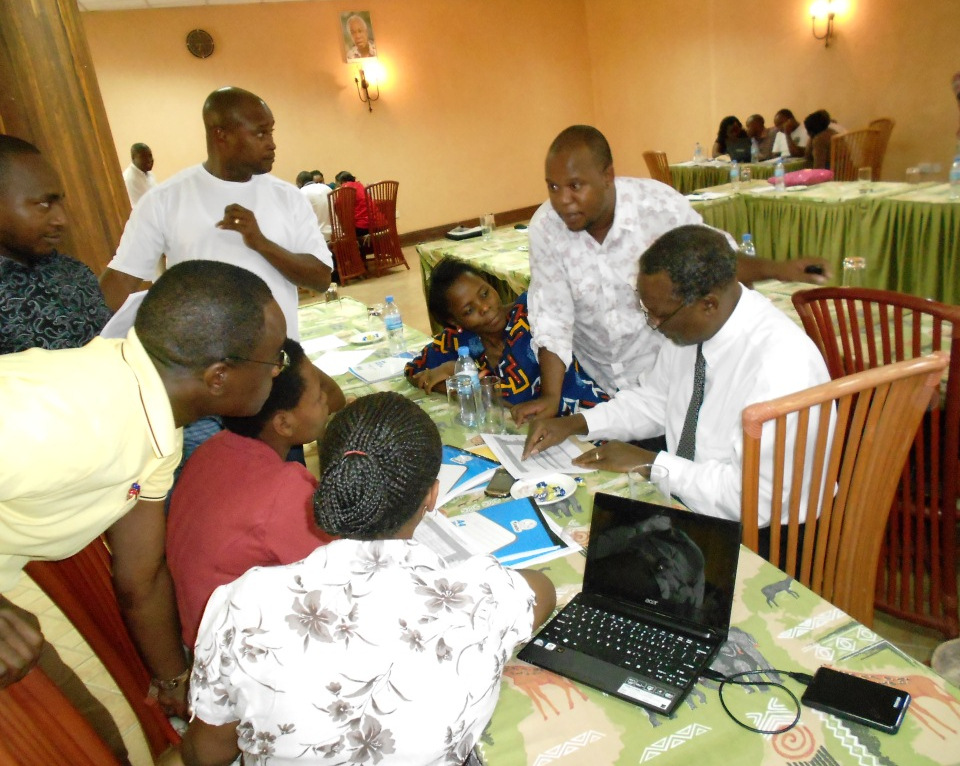Luck is created...
A closer look at successful people reveals that they are very good at what they do. What we normally don't see are the countless numbers of hours, months and years they invested in generating their admirable skills. The bottom line is that people who identify what the market needs, invest time in generating and perfecting the necessary skills will always be valuable in the market place. Other people may say that successful people are lucky, but through close observation we find that, luck gets created through relentless hard work. Since we get paid for bringing value to the work place, naturally these people will always be well compensated.

It's important to constantly carry with us the attitude of continuous and never ending improvement of how we do what we do. As we improve we, almost unconsciously and potentially, begin to position ourselves for higher achievements and success in life. Sometimes our jobs are challenging, and it is precisely at these times when such challenges are opportunities for developing our skills be it in technical or inter personal areas. As we work we are always challenged to look for personal development opportunities in our jobs Continue reading...



